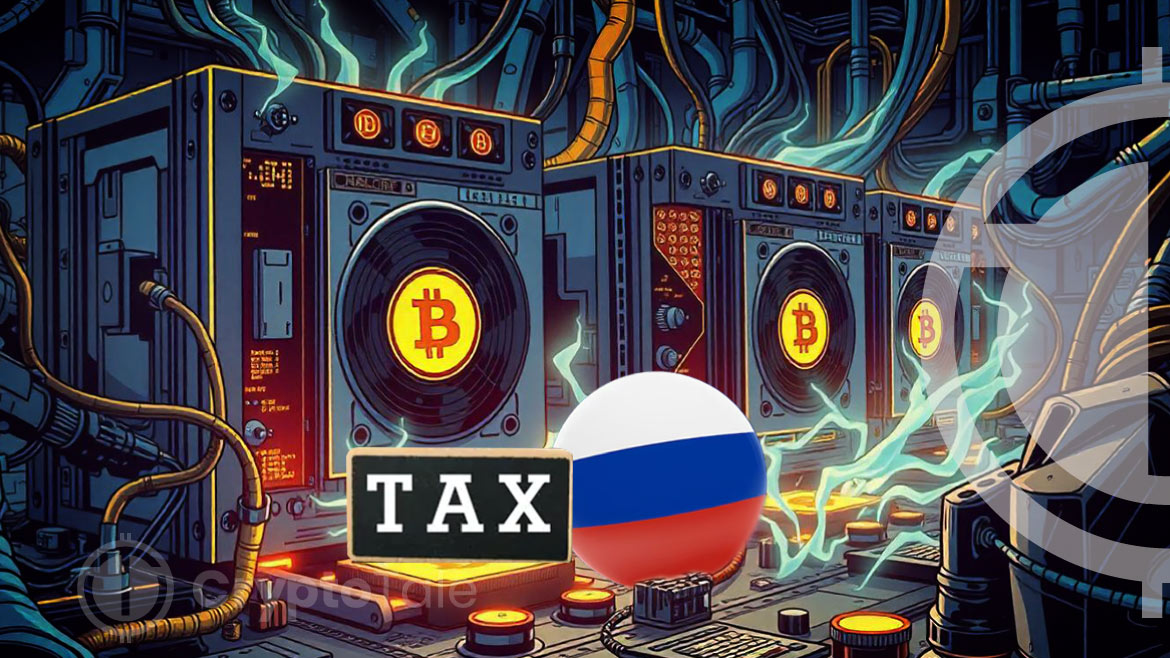- Russia plans a crypto miner tax based on electricity usage, says the Finance Ministry.
- Tax on electricity may replace mining profit tax due to difficulty tracking earnings.
- Russia legalized crypto for international payments, aims to counter Western sanctions.
The state-run news agency TASS reported that Russia plans to tax cryptocurrency miners by their electricity consumption. Deputy Finance Minister Ivan Chebeskov stated the intention on September 18 at the “Future of the Insurance Market” forum in Moscow.
Taxing Electricity?
The initial phase of the tax on cryptocurrency mining is expected to take the form of an excise tax on the electricity used by miners, which offers a simpler alternative to tracking the exact cryptocurrencies mined. Deputy Finance Minister Ivan Chebeskov emphasized the ministry’s long-term preference for a profit-based tax but acknowledged the challenges associated with miners who may not fully disclose all their wallets.
Consequently, taxing electricity consumption presents a more straightforward approach. Chebeskov indicated that legislation could be enacted during this autumn’s session to formalize this taxation method, reflecting the complexities of accurately assessing miners’ profits. He stated,
We understand that this is, in principle, the correct structure – like everyone else, like any [form of] business. An intermediate system could be based on taxation in the form of excise taxes. However, so far, no decision has been made on this matter.
Crypto Under Control
Globally, crypto mining laws vary with countries like the U.S. and Canada having more definite regulations. In contrast, Russia’s strict approach aims for greater control and transparency in the digital asset market.
Amid Western sanctions, Russia legalized crypto mining and its use for international payments. As affirmed by President Putin, it wants to reduce reliance on the U.S. dollar. Additionally, sanctioned trade activities via cryptocurrencies became possible. This aligns with previous moves to integrate crypto into Russia’s financial system to take the edge off sanctions pressure.
Russia Regulates Cryptocurrency to Counter Sanctions and Facilitate PaymentsAs of late August 2024, Russia initiated trials for cross-border crypto payments to ease the effect of international sanctions. This follows the July 2024 law allowing crypto for international transactions while maintaining a domestic payment ban. Also the Central Bank of Russia (CBR) is considering exclusive crypto trading rights for elite investors.











